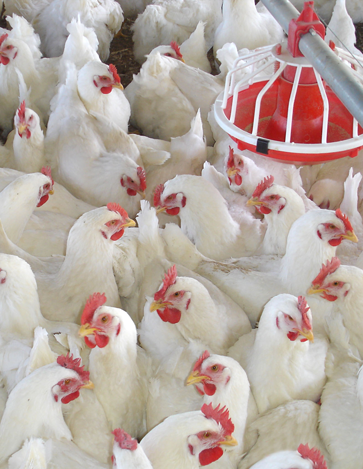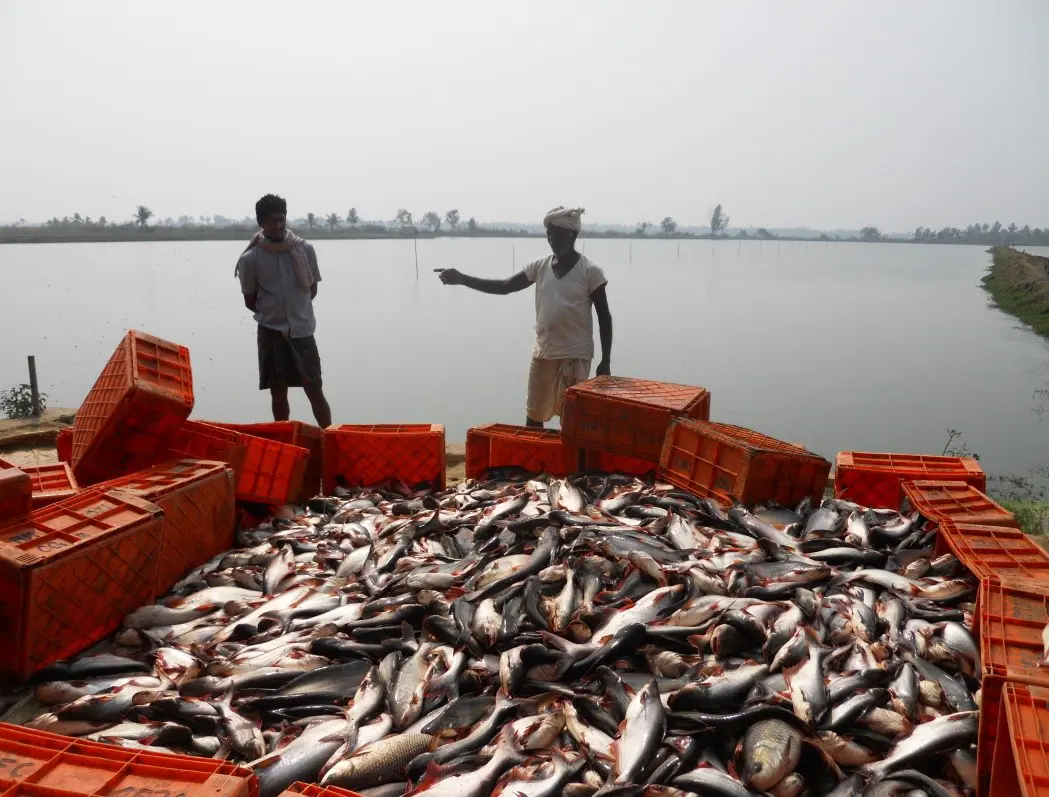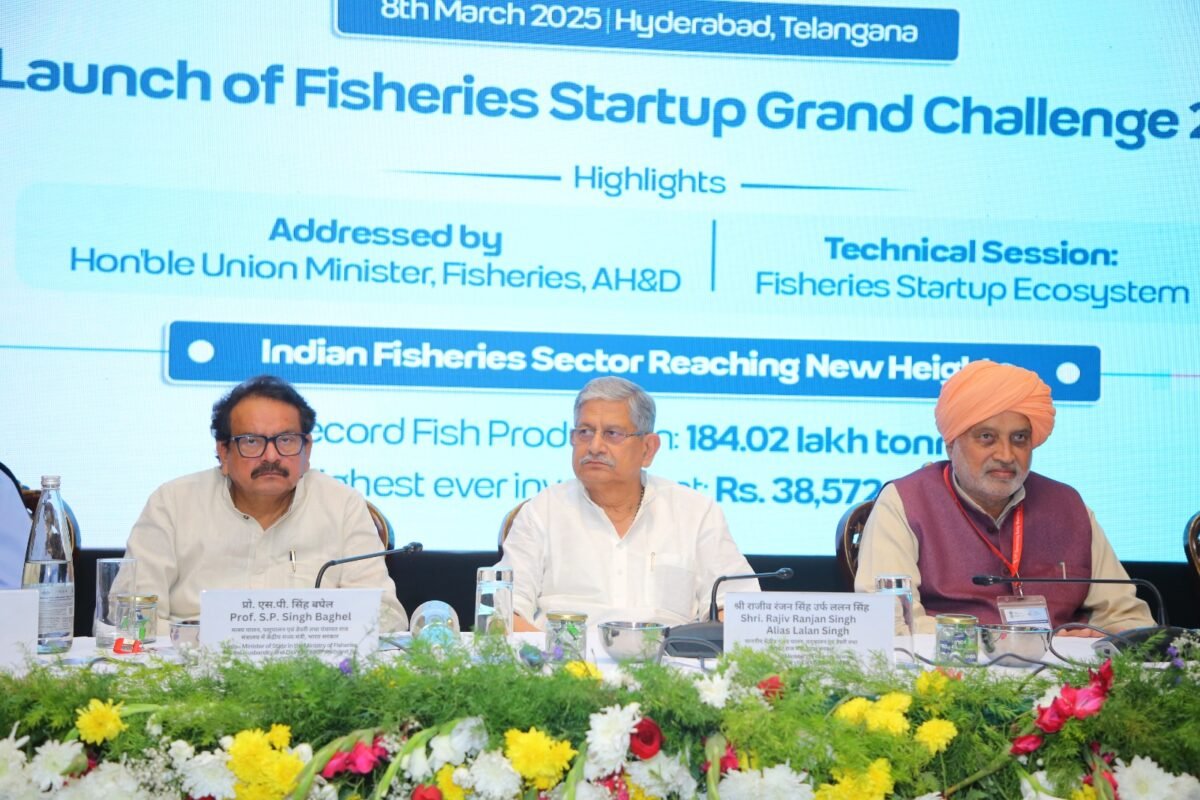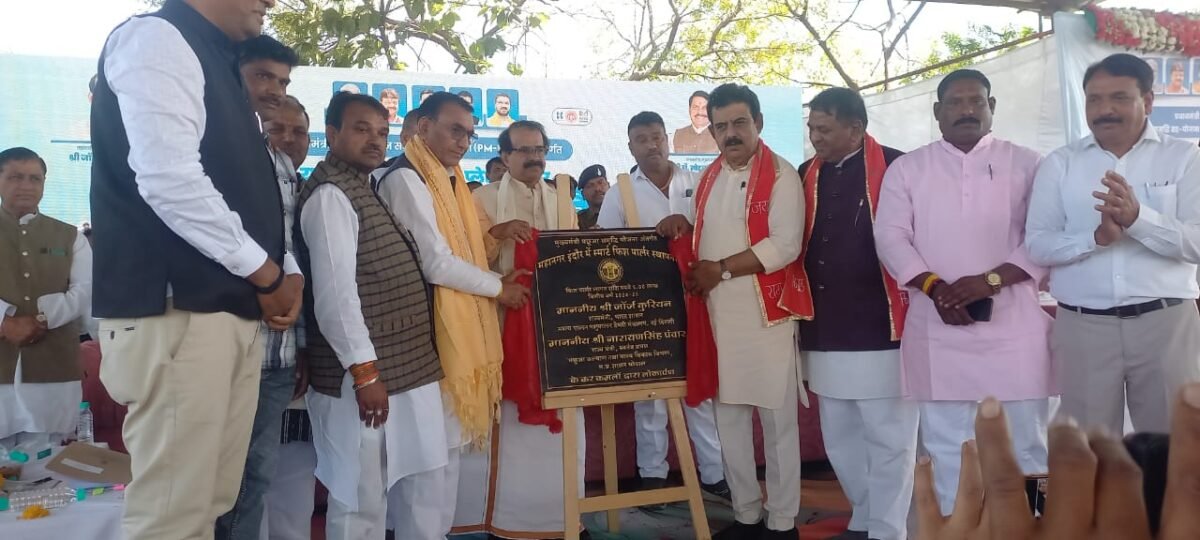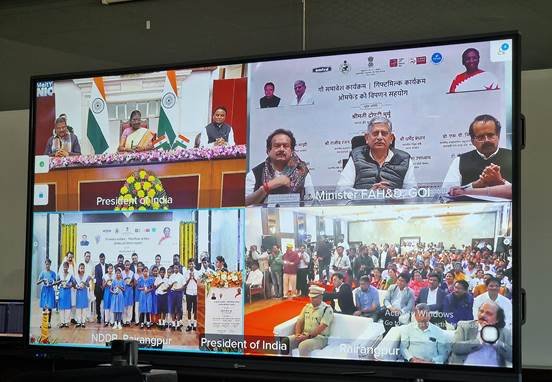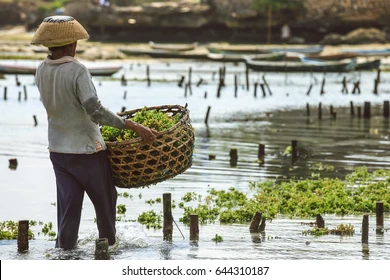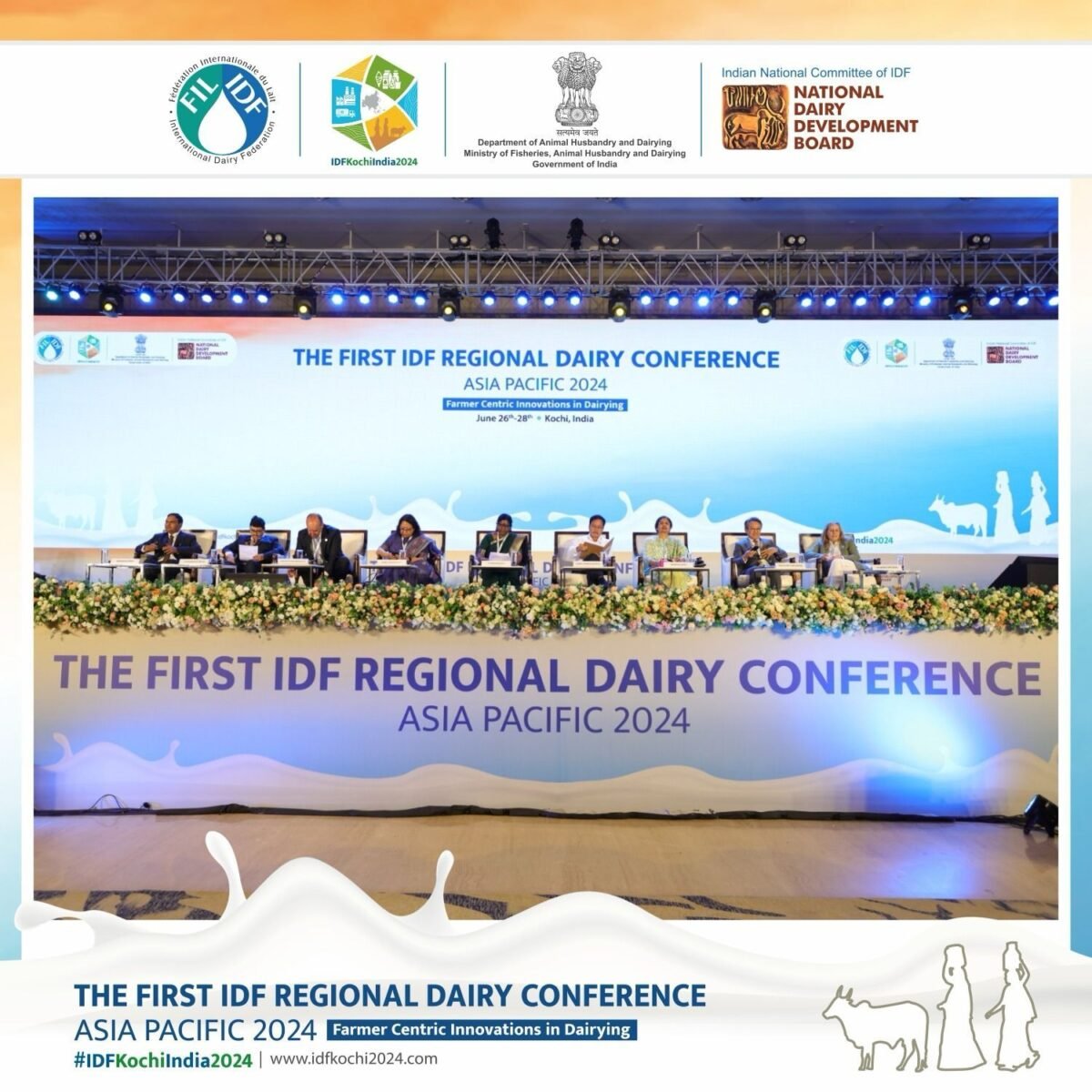Govt and Poultry industry collaborate to prevent Bird Flu outbreaks
The meeting implements Three-Pronged strategy of biosecurity measures, strengthened surveillance and mandatory registration of Poultry farms.
The Department of Animal Husbandry & Dairying (DAHD) under the Ministry of Fisheries, Animal Husbandry and Dairying held a high-level meeting in New Delhi to discuss the recent outbreaks of Avian Influenza (Bird Flu) in the country. Chaired by Alka Upadhyaya, Secretary DAHD, the meeting brought together scientific experts, poultry industry representatives and policymakers to review the current situation of avian influenza and explore strategies to contain the disease and prevent its spread.
A three-pronged strategy to prevent and control Bird Flu has been decided by DAHD in consultation with the stakeholders. It encompasses stricter biosecurity Measures wherein poultry farms must enhance hygiene practices, control farm access and follow stringent biosecurity protocols to minimize the risk of infection, Strengthened Surveillance and Mandatory Registration of Poultry Farms to enhance disease tracking and control (All poultry farms must register with state animal husbandry departments within a month. The government has urged poultry industry stakeholders to ensure 100 per cent compliance with this directive).
Speaking at the meeting, Alka Upadhyaya emphasised, “Protecting our poultry sector is critical for food security and rural livelihoods. Strict biosecurity, scientific surveillance, and responsible industry practices are essential in our fight against Bird Flu.” Additionally, Secretary DAHD stated the need for developing a predictive modelling system for early warning and environmental surveillance which would enable proactive disease detection and response, minimising the risk of outbreaks and protecting the poultry industry. DAHD has permitted the use of the H9N2 (Low Pathogenic Avian Influenza) vaccine, developed by ICAR-NIHSAD, Bhopal, which is now available commercially.
A national study will evaluate the vaccine’s effectiveness of LPAI vaccination. The meeting also extensively discussed the possibility of allowing the use of a vaccine against Highly Pathogenic Avian Influenza (HPAI) in India. Representatives from the poultry industry urged the government to explore vaccination as a strategy to prevent further economic losses in the sector. Scientific experts highlighted that currently available HPAI vaccines do not provide sterile immunity but only reduce virus shedding. Given these complexities, it was agreed that further scientific evaluation is needed before making a policy decision. The meeting recommended conducting detailed science-based assessments to determine the feasibility of HPAI vaccination in India. Research efforts have also been initiated to develop an indigenous HPAI vaccine following global best practices.
The meeting implements Three-Pronged strategy of

